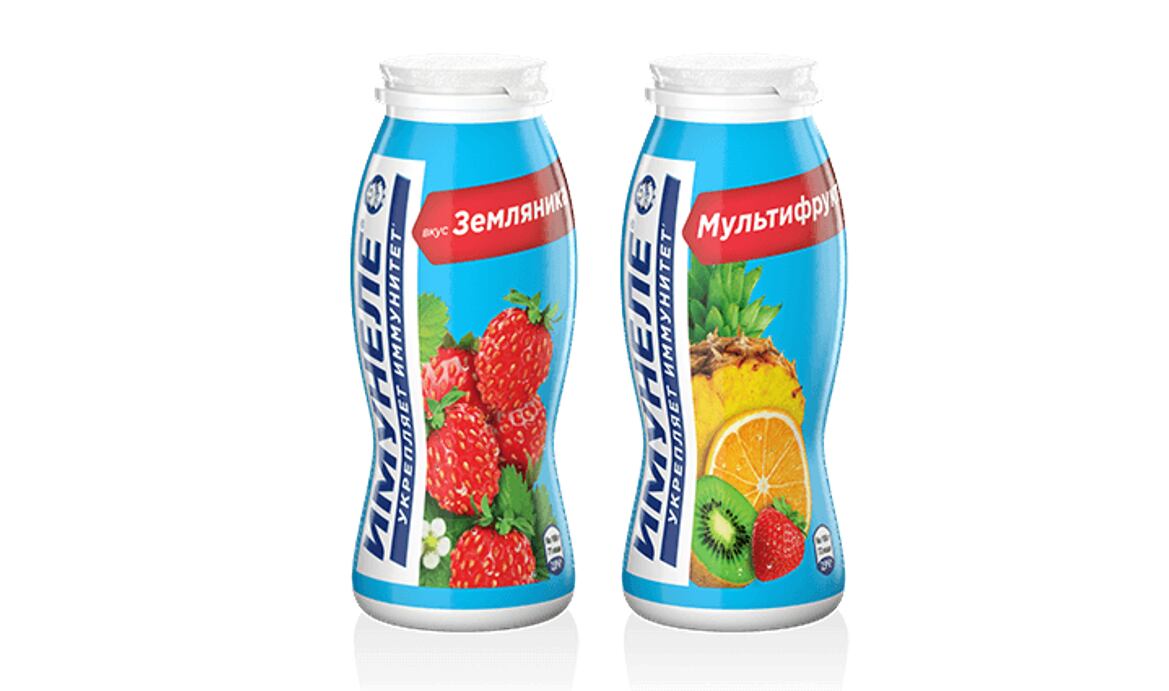This data was collected from a survey conducted in December 2019 to March 2020, where 4,408 people took a questionnaire. They were recruited from 10 counties across the country.
The questionnaire collected data on demographics and consumers concerns of different parts of a food label including production date, shelf life, storage conditions, storage conditions, production process, nutritional facts, product ingredient list, certification mark, origin, and manufacturers.
Funded by the Ministry of Education in China, this research was published in the International Journal of Food Science.
“The analysis revealed that there is not a great deal of research on dairy product label information, especially in China. With the aim to fill this gap, this study looks at the factors that influence Chinese consumers’ identification and attention to dairy product labels,” researchers wrote.
Findings from this study will provide references for the government to disseminate dairy product knowledge to the public effectively.
Most important
As consumers seemed more concerned about the production date and shelf life, storage conditions of dairy products, it suggests that food safety remains top of mind.
China is no stranger to food safety incidents, such as the Fuyang inferior milk powder in 2004, Sanlu milk powder in 2008, Fonterra “Botox bacillus” in 2013 and “Huishan high calcium milk” in 2015, which have resulted in consumers losing confidence in the quality and safety of dairy products.
Because of these incidents, people are paying more attention to dairy product safety issues.
Hence, the label information on dairy products in China is strictly standardised to reshape consumer confidence of quality-assured dairy products.
Researchers also suggested that on-pack information relating to nutrition was too complicated.
“The nutrition facts and the product ingredient list involved too much professional knowledge, and consumers could not deeply understand and judge them.
“In addition, consumers could not care profoundly about the knowledge contained in the certification mark information.”
Demographic effect
The survey also highlighted some demographic differences, with consumers with a higher per capita income more concerned about the label information, while younger consumers with a higher educational were more interested in dairy products with higher nutritional value.
Limitations and recommendations
From these findings, researchers advised that the lower educated and older consumers also be educated on dairy products.
“The relevant knowledge of dairy products should be fairly and objectively publicised and popularized for low-educated and middle and older adults by the use of vivid language and visual images, with the help of media such as newspapers, radio, and television, to gradually increase the level of consumers’ concern on dairy product label information.”
“This work provides some regulatory and political significance, and national authorities need to invest more in dairy education and communication so that consumers, including more diverse groups, have the right knowledge to apply to dairy shopping.”
Because this study was conducted in China, the findings may not be reflected in other countries. Furthermore, different countries have variations in the label policies of dairy products.
“Further cross-country studies should be conducted to understand consumer awareness and concerns about labelling of dairy products in different countries or regions.”
For instance, a study in Canada found consumers preferred to buy domestic dairy products compared to imported dairy products and may even be willing to pay a premium.
In another category, a study of the wine market in China found that consumers were most concerned about origin and vintage.
Since it was reported that the date of production, shelf life, and storage conditions were the most important items of concern on dairy product labels, dairy companies can use these findings to establish a competitive advantage through the product label, added the researchers.
Source: International Journal of Food Science
https://doi.org/10.1155/2021/5589710
“The Effects of Dairy Product Label Information on Cognition of Consumers: The Case of the China Choices”
Authors: Ce Xu, Can Liu, and Jingmin Cheng




